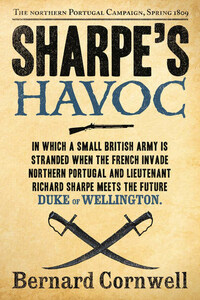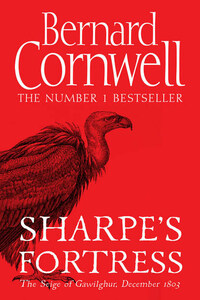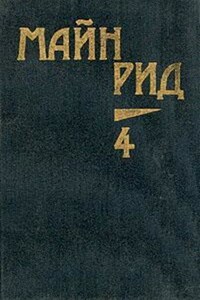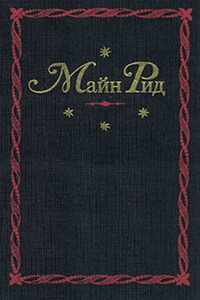This novel is a work of fiction. The incidents and some of the characters portrayed in it, while based on real events and figures, are the work of the authorâs imagination.
HarperCollinsPublishers Ltd.
1 London Bridge Street
London SE1 9GF
www.harpercollins.co.uk
First published by HarperCollinsPublishers 1990
Copyright © Rifleman Productions 1990
Foreword © Bernard Cornwell 2015
Bernard Cornwell asserts the moral right to be identified as the author of this work
A catalogue record for this book is available from the British Library
All rights reserved under International and Pan-American Copyright Conventions. By payment of the required fees, you have been granted the non-exclusive, non-transferable right to access and read the text of this ebook on-screen. No part of this text may be reproduced, transmitted, down-loaded, decompiled, reverse engineered, or stored in or introduced into any information storage and retrieval system, in any form or by any means, whether electronic or mechanical, now known or hereinafter invented, without the express written permission of HarperCollins ebooks
HarperCollinsPublishers has made every reasonable effor to ensure that any picture content and written content in this ebook has been included or removed in accordance with the contractual and technological constraints in operation at the time of publication
Source ISBN: 9780007452903
Ebook Edition © JULY 2009 ISBN: 9780007338764
Version: 2017-04-25
I wrote Sharpeâs Waterloo in 1990 and found it a most frustrating book. I had devised a plot (much of it revolving around Lord John Rossendale, Sharpe and Jane), but quickly discovered that no plot of mine could compete with the dramatic story of the battle itself. The whole story, from the first shots of the campaign to the collapse of Napoleonâs army, took place in just four days, and those four days saw four battles (Ligny, Quatre Bras, Wavre and Waterloo). There was to be more fighting as the allies advanced on Paris, but essentially Napoleonâs ambitions and the hopes of France collapsed on the ridge of Mont St Jean on the evening of 18 June 1815.
The two leading characters of Waterloo are as compelling as the battle itself. By 1815 no one would have denied that the two greatest soldiers of the age were Napoleon and Wellington. Napoleon had engulfed Europe in war, leading his eagles from Madrid to Moscow, shattering armies, toppling thrones and gaining such great triumphs as Friedland and Austerlitz. His armies moved fast, he had a talent for spotting and exploiting an enemyâs weakness, he was an inspiration to his men, and his presence on the battlefield, the Duke of Wellington reckoned, was worth 40,000 men. He was extraordinarily hard-working, had a genius for administration, and his legislative accomplishments still command much of Europe, but above all else he was a warlord. He gave France what she craved, la gloire! His ambitions were gargantuan, leading to such spectacular failures as the Russian campaign of 1812, but no one doubted his talents. In 1814, as the allies gradually tightened their noose about Paris, he dazzled them with his lightning marches and sudden assaults. He was, as his enemy Czar Alexander called him, âthe worldâs Conquerorâ.
But Czar Alexander also called Wellington âthe Conqueror of the worldâs Conquerorâ. The Duke was not flamboyant like the Emperor, he did not rouse fervent adulation from his men, he even had a reputation as a cautious general, but he was a general who, unlike Napoleon, had never lost a battle. He had a wealth of common sense, a talent for reading ground, and a care for his troops which they rewarded with dogged loyalty. His enemies scorned him as a defensive general, and it is true that a quick way to lose any battle was to attack the Duke in a position he had decided to defend, but at Assaye, Salamanca and Vittoria he had shown he could attack with a panache and daring the equal of Napoleonâs. He and the Emperor were both forty-six years old in 1815, and both men had been fighting for their entire adult lives, yet they had never met in battle. No one doubted they were the two greatest generals of the era, but if they met, who would prove the greater? That drama is also part of the story of Waterloo, and made more dramatic by the knowledge that each man knew the reputation of the other. They were fighting for posterityâs judgement as well as the fate of nations.














